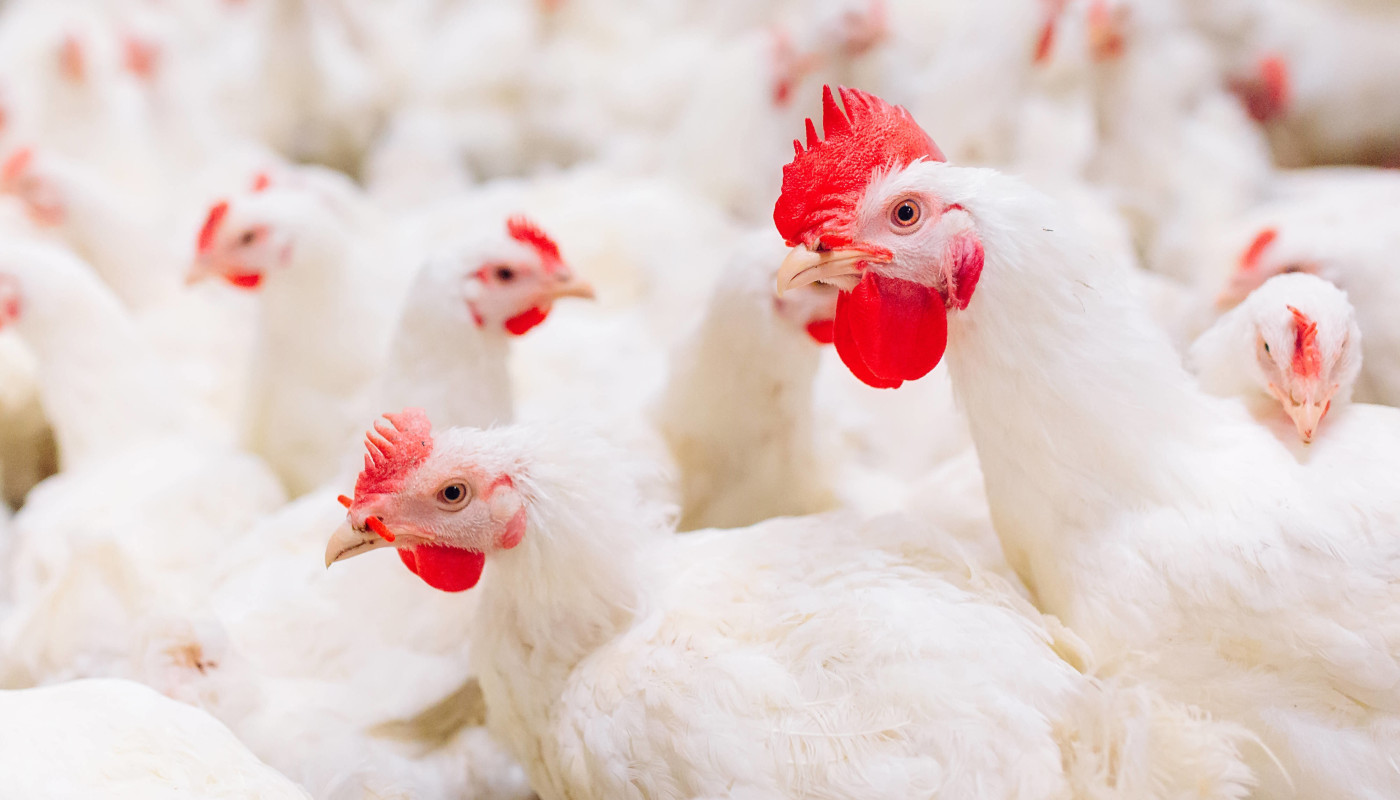Press release

Globus SB-Warenhaus Holding (part of the international Globus Holding) has joined the European Chicken Commitment and will soon raise its animal welfare standards for chickens raised for meat, so-called broiler chickens. Preceding this step, the corporation was in dialogue with the Albert Schweitzer Foundation. The foundation had launched the Chicken Commitment along with 29 other animal protection groups to tackle some of the most severe abuses in chicken farming. The family business will implement the criteria of the commitment for its 47 self-service stores in Germany by 2026 at the latest.
The main goal of the requirements of the European Chicken Commitment is to end the problems associated with the massive overbreeding of chickens raised for meat. A lower stocking density, sheds that are more animal-friendly and less agonizing slaughtering methods will additionally alleviate the suffering of the animals.
Globus was one of the first companies in Germany that abolished cage eggs from its product range. Now, again, Globus is a pioneer in the German food retailing industry.
»We understand the improvement of animal welfare standards as part of our responsibility for humans, nature and companies and want to set a positive example for the retailing sector with our store brands«, said Jochen Baab, speaker of executive management at Globus SB-Warenhaus.
Mahi Klosterhalfen, president of the Albert Schweitzer Foundation, is very pleased with Globus’ decision: »The statutory requirements for animal husbandry in agriculture are insufficient. Therefore, it is important that companies like Globus take initiative and assume responsibility. 82% of all slaughtered land animals in Germany in 2020 were chickens. That is more than 620 million animals per year. Together, we can achieve long-term changes for their living conditions. To do so, role models such as Globus and others are essential. We expect other companies to follow suit.«
Globus’ official statement can be found here (in German).
Relevance in context of current developments
Shortly before, several retailers had announced that 20% of their chicken and turkey meat products would be improved to meet the requirements of level 3 and 4 of the German retailers’ animal welfare label. Globus goes many steps beyond that by improving its welfare standards for its entire store brand product range. In doing so, Globus is the second food retailer that has joined the European Chicken Commitment.
»The most important thing now is for the entire food retailing sector to become active and take steps to implement the criteria of the European Chicken Commitment. In France this is already the case«, Klosterhalfen commented.
Chicken farming: Statutory requirements are insufficient
Chickens raised for meat grow so massively and fast that bones and organs can hardly keep up. The animals can barely stand up and suffer from severe pain, organ failure, and fractures. The European Chicken Commitment requires slower growing breeds and breeding lines which other animal »welfare« initiatives fail to take into account. It also forbids hanging chickens upside down for stunning before slaughter, which causes enormous stress on the animals. Further requirements regulate stocking density and furnishing of the sheds. Adherence to the standards is being monitored by independent third party auditors.
More than 400 companies in Europe and the United States have committed themselves to raising their animal welfare standards according to the Chicken Commitment, some of them being corporations such as Nestlé or Unilever, top caterers such as Sodexo, food producers such as Rügenwalder Mühle, and restaurant chains such as Ikea, Domino’s and Kentucky Fried Chicken. Earlier this year, the German food producers Freiberger and Sonnen Bassermann also joined the European Chicken Commitment. According to Freiberger, it is the world’s largest supplier of frozen pizzas for store brands and Sonnen Bassermann, a traditional canned goods producer, is part of the Dutch food corporation Struik Foods.